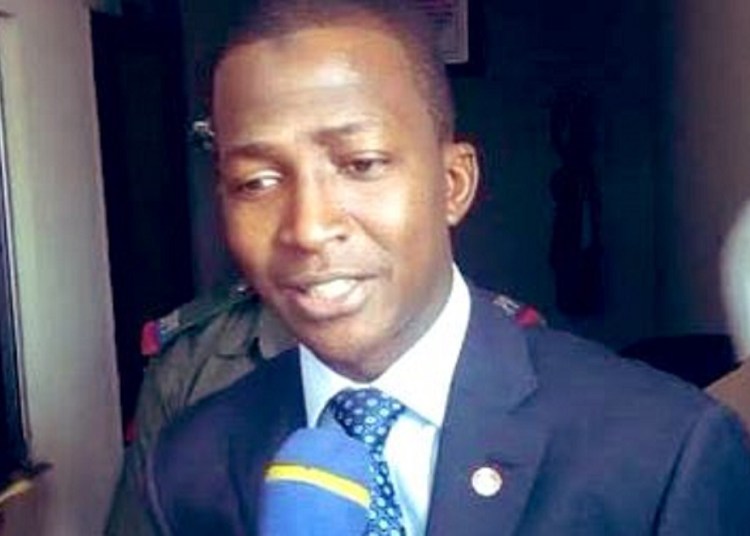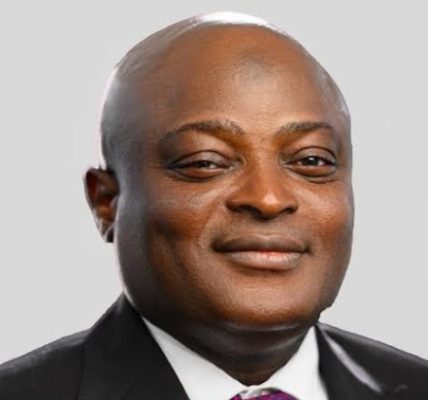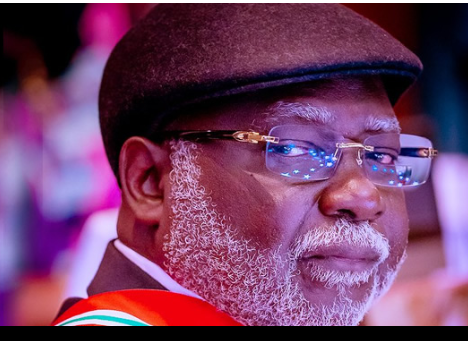The Economic and Financial Crimes Commission (EFCC) has been involved in heightened activity since the coming to office of the new helmsman, the youthful Abdulrasheed Bawa, almost one year ago. Within that period, not a few suspects have been invited for questioning at its office and some prominent arrests have also been made. However, there is a growing concern that in the ensuing frenzy, some mistakes may occur. That is why we feel obliged to warn against repeating the mistakes of the past where suspects were presumed guilty without any charges pressed against them.
Within this period, some notable individuals like former Minister of Aviation, Mr Femi Fani-Kayode and the businessman, Obi Iyiegbu alias Obi Cubana respectively were guests of the agency. The manner of their treatment brought back sad memories of the past as it was made a media affair.
Also, recently, there was a media report that the Chief Executive Officer of the Asset Management Corporation of Nigeria (AMCON), Mr. Ahmed Lawan Kuru, was invited and detained based on a petition. The worrisome dimension to his own case is that it occurred less than a week after he threatened to publish the list of obligors owing an estimated N4.4 trillion, but who have refused to pay up, despite all entreaties.
AMCON, it must be understood, by the very nature of its assignment, does not need an effort to make enemies and powerful ones at that. His ordeal may be a coincidence, but it brings back the fable about the witch that cried at night and the baby dies in the morning. We are not about to make a case for or against anyone. We are concerned that no citizen should be presumed or framed guilty and pressed to prove their innocence.
We had, previously on this page, stated our position against media trial of offenders based, merely, on the content and strength of a petition authored, probably, by unscrupulous actors powerful enough to push the investigating agency to do their bidding, in this case, arrest, present to the media and detain someone who may, to all intents, be innocent.
The fear of this newspaper is rekindled by past experiences not necessarily of EFCC in which innocent individuals had been unfairly tried and found guilty at the bar of public opinion. We call to mind the case of a former Chief of Army Staff who was detained for nine whole years only to be discharged and acquitted for lack of evidence. A more recent case is that of a Justice of the Supreme Court who was exposed to a humiliating treatment in the hands of security agents. The anguish he went through during the period eventually killed him.
Historically, the establishment of EFCC, was informed by the federal government’s desire to bring about a reduction in the volume of corrupt practices in the country. At inception, and even now, the argument in favour of the anti-corruption drive that gave birth to it was, and still is, very compelling.





